The 2024 Paralympic Games begin on Wednesday in Paris. Here’s who to cheer.
Michael Johnson – Shooting
Competing on the Paralympic stage is nothing new for shooting star Michael Johnson. After winning gold with a world record score in the R4 Mixed Air Rifle Standing SH2 event at Athens in 2004, he followed that up with two back-to-back bronze medals in Beijing and London. He competed at Rio in 2016 and Tokyo 2020 to become only the second New Zealand Shooting Para sport athlete to represent his country at five Paralympic Games in a row. Upon securing his spot in the Paris squad with a silver medal in the R4 Air Rifle Standing event at the 2024 World Shooting Para Sport New Delhi World Cup, he becomes only the second New Zealander in history to reach the milestone of appearing at his sixth Paralympic Games. “It matches my personality in terms of the need to be quite patient and consistent,“ explained Johnson of his love for shooting. “I also like the fact it has allowed me to travel the world and make so many friends. I still feel I’m improving as a shooter.“
Greg Reid – Shooting
It’s the second Paralymics for Shooting Para athlete Greg Reid after placing seventh in the Mixed 10m Air Rifle Prone SH1 at the 2016 Rio games. Reid first took up non-disabled shooting in the late 1980s before switching to Shooting Para Sport and has never looked back since. In his day life, Reid works as a mass metrologist for the Measurements Standard Laboratory in Lower Hutt, ensuring New Zealand’s units of measurement are consistent with international units. Reid was a member of the New Zealand team at the 2023 World Shooting Para Sports Championships in Peru earlier this year, securing his spot for the Paralymic Games after finishing ninth in the R3 Air Rifle Prone event.
Neelam O’Neill – Shooting
Coached by Michael Johnson (see above) in air rifle, Neelam O’Neill will be competing at her first Paralympic Games in Paris. As well as competing in R3 Mixed 10m Air Rifle Prone SH1, O’Neill will become the first female New Zealander to compete at a Paralympic Games in air pistol (P2 Women’s 10m Air Pistol SH1) in 40 years. O’Neill summed up her motivations pretty well when speaking to Newsroom last month.
“I’m female, I’m coloured, I have a disability. It is a rare combination. I didn’t know anybody in the same situation growing up. Now, I’ve had people come up to me saying ‘I got into my sport after seeing you’. Representation is important. We all just want to connect and belong.”
Matthew Britz – Table tennis
Matthew Britz is a rising star in para table tennis, hailing from New Plymouth. At just 20 years old, Britz is set to make history as the first New Zealander in 48 years to compete in table tennis at the Paralympic Games, having qualified for a coveted singles spot at Paris 2024 after a gold-medal performance at the 2023 Oceania Para Championships in Honiara, Solomon Islands. Born with Bailey-Bloch congenital myopathy, Britz’s journey into the sport started at eight-years-old. His persistence and skills have seen him rise quickly through the ranks. Britz views table tennis as both a physical and mental challenge, likening it to a strategic chess match. His selection for the Paralympics not only marks a remarkable personal milestone but also represents a significant achievement for Aotearoa in the world of para sports.
Cameron Leslie – Swimming
Cameron Leslie is a true all-rounder. Not only is the Whangārei-born Ngāpuhi known for his achievements in swimming but also wheelchair rugby. A three-time Paralympic gold medalist in the SM4 150m individual medley, Leslie first made waves at the 2008 Beijing Paralympics, where he set a world record. He successfully defended his title in London 2012 and Rio 2016, and now holds four world records, cementing his place as a leading figure in para-sports globally. Despite missing the Tokyo Paralympics due to the birth of his second child, Leslie has remained a dominant force, adding eight world championship medals to his collection and co-captaining the Wheel Blacks to the 2022 Wheelchair Rugby World Championships quarterfinals. Now 34 and a father of three, Leslie is set to lead the New Zealand Paralympic team as a flag-bearer in Paris, driven by the desire to inspire his children and demonstrate the incredible potential of athletes with disabilities.
Tupou Neiufi – Swimming
Tupou Neiufi was one of the stars of the Tokyo Games, winning her first Paralympics gold medal in the 100m backstroke – S8. She is a proud representative of South Auckland and took up swimming as a form of rehabilitation suggested by her doctor. Neiufi was two years old when she was hit by a car and left with a traumatic brain injury and hemiplegia. As a result, the right side of her body has developed bigger and stronger than her left side. This year, Neiufi will be defending her crown in backstroke as well as competing in the 50m freestyle – S8. Despite being a strong contender heading into the Games, Neiufi has revealed she oscillated between wanting to compete again and “eating four burgers at McDonalds“. Very relatable.
Jesse Reynolds – Swimming
Jesse Reynolds is appearing at his third Paralympics. The swimmer, who has a missing right leg, was a silver medallist at the Birmingham Commonwealth Games in the 100m Backstroke S9 event. In the Rio and Tokyo Paralympics, he finished in the top eight in all of his events. If this video on the Paralympics Instagram account is anything to go by, his knowledge of French is pretty limited but luckily you don’t need to be fluent in French to be fast in fluid water.
Lili-Fox Mason – Swimming
Lili-Fox Mason is a swimmer from Christchurch. 19 years old, with limited mobility in her lower body after having leukemia as a three year old, she says she has been inspired by Dame Sophie Pascoe. She started competing internationally in 2022, competing in global para swimming events around the world. She won silver in the 400m Freestyle S10 at the Para Swimming World Series in 2023. She and friend Gaby Smith, also a para swimmer, often train together, and both are going to be competing at the Paralympics this year. There’s a cool video from Attitude showing both of them swimming and talking about their training, which gives a sense of just how hard you have to work to become an elite athlete.
Gabriella Smith – Swimming
Born in Perth (gasp) but raised in Christchurch, Gabriella Smith is an 18 year-old swimmer who says she has been one with the water since her first swimming lesson at just three months old. Born missing half her hand, Smith won her very first medal in the 100m breaststroke during the World Series meet in Indianapolis in 2022, followed by fifth place in the 400 metre freestyle in the World Para Swimming Championships later that year. She found out that she would be heading to Paris by way of a phone call in class. “Everyone in class was staring at me,” she explains in her paralympics profile. “I was in disbelief.”
Josh Willmer – Swimming
19 year old Josh Willmer grew up in Kawakawa Bay, where, surrounded by the sparkly water of the Hauraki Gulf, swimming was a default. He’s already a champion: he was 17 when he won a gold medal in para breaststroke at the Birmingham Commonwealth Games – where he told Stuff that listening to Metallica before his race helped him “get in the zone” before the starting gun. He’s kept excelling, especially in the 100m breaststroke event: he set a new New Zealand record at the Para Swimming Championships in 2023. He doesn’t just work hard in the pool – describing his intense training regime to Debate earlier this year – but also works part time as a car mechanic, and plays golf when he has time off. Willmer is Tupou Neiufi’s training partner.
Louise Duncan – Equestrian
Para Equestrian Louise Duncan made headlines earlier this year when the joy of making the Paralympics team coincided with the passing of her grandfather, her biggest supporter. “He was so happy for me to have been selected, and I know he will be so proud to be with me over there on my shoulder while I’m riding,” she told RNZ. The dressage rider had a series of strokes after catching meningitis as a teenager, leaving her with limited limb function, temporary paralysis, and migraines. Missing out on the qualifying events for Tokyo 2020, she is looking forward to representing New Zealand in Paris 2024 with her horse, Showcase BC.
Rory Mead – Cycling
After earning fifth place in his Tokyo 2020 debut, Porirua-raised Rory Mead (he’s US-born, but don’t hold it against him) returns to the Paralympics for another shot at para-cycling glory. The 37-year-old began his sporting career in motocross in 2011, before sustaining a spinal cord injury causing quadriplegia three years later which eventually led him into handcycling, a sport he says drew him in for its sense of freedom. Mead has also competed in the Para Cycling World Championships, while also boasting a rigorous training schedule that sees him clock up to 130 miles a week.
Nicole Murray – Cycling
Nicole Murray has already won the gold for coolest and most understated bios on an athlete Facebook page: “seeing how fast I can ride around in a circle”. Born in Otorohonga, Murray lost a hand in an accident at the age of five but continued to explore surfing, water skiing and soccer. She remembers laying eyes on the “circle” the would change her life back in 2015, while at a conference for young amputees. “I had never seen a velodrome before and it was surprisingly quite a rush to ride on and actually a lot of fun,” she recalled. Murray came extremely close to the podium in Tokyo 2020, placing fourth in the Women’s Individual Pursuit, sixth in the Women’s 500m Time Trial and sixth in both road cycling events. 2024 is the year!
Anna Taylor – Cycling
Para cyclist Anna Taylor didn’t start her life as an athlete on a bike. Instead, she was a rower: she got a scholarship to Oregon State University in the US to row competitively. While studying, she survived thyroid cancer – and kept winning medals. She had a series of injuries in 2015 and 2016, including a severe disc prolapse which caused neurological weakness in the lower part of her body. She spent some time working as a youth support worker, and found Para cycling as a sporting outlet. She made her Paralympic debut at Tokyo in 2020, where she came fifth in the C4 3000m individual pursuit and eights in the C4 500m time trial. While she’s encountered the frustration and “darkness” of multiple ongoing health issues, the 33 year old also wants to stay driven to succeed and “pursue the light”.
Devon Briggs – Cycling
With Paris providing Cambridge-native Devon Briggs his first opportunity to compete for a Paralympic medal, you’d be mistaken for thinking he’s simply the new kid on the block. Earlier this year, Briggs picked up gold, silver and bronze medals at the 2024 Para Cycling Track World Championships in Rio de Janeiro. It’s a sport he’s played since the ripe age of 10, and says competing not only gives him a chance to see his passion and hard work reflected back to him, but also to others living with disabilities. Though he’s best known as a whizz on the bike, Briggs is also a psychology student at the University of Waikato, and hopes to earn a license in piloting.
Ben Westenberg – Cycling
New Zealand para-cycling record holder Ben Westernberg’s disability means it’s difficult for him to grasp the handlebars of a bike and even more difficult to brake, which is why he loves track cycling: “there are no brakes”. Westenberg will be competing at his first Paralympic Games in Paris, vying for gold in both the men’s C4 individual pursuit and 1000m time trial events. Outside of cycling, he loves design, and has designed and 3D-printed modifications to his own mountain bikes, as well as designing a handlebar attachment for fellow track cyclist Nicole Murray.
Scott Martlew – Canoe racing
Paris 2024 will be Scott Martlew’s third appearance at the Paralympics, with the Christchurch kayaker having first competed at Rio de Janeiro in 2016 (where he was the first New Zealander to race in para canoe) and Toyko in 2020, where he came fourth (by an agonising 0.3 seconds) in the Men’s 200m KL2 race. After suffering a muscle tear in his leg during a high school rugby game in 2010, Martlew battled a life-threatening bacterial infection that resulted in his leg being amputated. Having already been a top surf canoe paddler, sport played a huge role in Martlew’s recovery, and over the next few years he won several impressive world championship results in para canoe. The experienced paralympian will compete in both the KL2 200m and the VL3 200m races.
Peter Cowan – Canoe racing
Peter Cowan (Ngāti Kahungunu, Sāmoa) is a specialist in para va’a, an adaptive version of waka ama. He won a silver medal in the Paracanoe World Championships in May this year. The 29-year-old has long been athletic; he was training for the IronMāori triathlon as a 15 year old when a car hit him on his bike, and he decided to amputate his injured leg. The Hawkes Bay paddler is incredibly speedy on the water, as the footage in this interview he did with Te Ao with Moana last year shows. He’s also busy off the water, with two young kids, his wife and whānau, who all support him to train. ““What I love about the sport is the opportunity it brings to connect with people from all walks of life. I love how this sport can enhance people’s mana while bringing our communities together,” he told Canoe Racing New Zealand after his silver medal win earlier this year. He loves that waka ama connects him to his Polynesian and Māori heritage. “When I’m competing internationally, it’s like a superpower, just knowing you have strong ties in your blood to the sport you’re competing in,” he told ACC in January.
Wojtek Czyz – Badminton
This is Czyz’s fourth Paralympic Games. In the past, the 44 year old has represented Germany. He’s won medals in sprinting and long jumping at Athens, Beijing and Rio Games. Now, having moved to New Zealand to pursue a mānuka honey business, he’s switched the country he represents, and the sport he competes in. Czyz now plays badminton: his Instagram is full of videos of him practicing in different environments, as well as getting his prosthetic blade adjusted in time for the Games. He and his wife Elena, who is also an athlete, have established a foundation called Sailing4handicaps, where they sailed around the world and supported amputees in different places to get prosthetics. He’s also set five (FIVE!) world records for free diving as an amputee.
Holly Robinson – Athletics
One of New Zealand’s most celebrated and decorated athletes, Holly Robinson will be competing at her fourth Paralympic Games this year. First competing in the javelin – F46 at the London Games in 2012, Robinson has consistently appeared on the podium throughout the past 12 years, including a thrilling gold medal in Tokyo 2020 with her final throw. Robinson will be defending her title in the javelin as well as competing in the shot put – F46 which she is, surprise surprise, also really good at.
Anna Grimaldi – Athletics
Did someone say double paralympic champion?! This year, Dunedin-born Anna Grimaldi will be looking to continue her proud tradition of winning a medal at every single Paralympic Games she competes in. She first won gold in Women’s Long Jump in Rio 2016, also achieving her personal best. In Tokyo 2020, she won gold in the long jump again, setting a Paralympic Record of 5.74m on her first jump, before bettering it to 5.76m. But wait, there’s more: Grimaldi also won bronze in the 100m at the 2023 World Para Athletics. “I’m not a 100m runner I’m a long jumper,” she exclaimed at the time. “But I guess now I’m sort of a 100m runner.” This multi-hyphenate will be competing in the long jump, 100m and 200m – one to watch for sure.
Will Stedman – Athletics
Will Stedman is only 24, but he’s already been to two Paralympics, competing both at Rio, aged 16, and Tokyo, as a 20 year old. He’s also a double threat: he’s a runner and a long jumper. In Rio, he won bronze medals in the 400m T36 and 800m T36 events. In Tokyo, he won a sliver medal in T36 long jump and another 400m T36 Bronze. He’s running incredibly fast this year: the Christchurch-based athlete won the gold medal in the 400m para athletics world championship in Japan in May, setting a national record and beating the current world record holder (who is Australian – another reason to celebrate Stedman’s victory). Stedman, who has cerebral palsy, described this year’s long jump field in his category as “incredibly tight”. He has an added challenge, because his 400m event is the morning after the long jump final. Watch some of the videos on his Instagram – he’s posting regular updates from training – and feel impressed at just how far and fast he can go.
Danielle Aitchison – Athletics
Alreading boasting two Paralympic medals (a silver and bronze) to her name, Danielle Aitchison returns to the Games as one of the top athletes in this year’s New Zealand cohort – and she’s only 22-years-old. As a young athlete, Aitchison enjoyed ballet, hockey, netball and athletics, and after attending several disability camps at the encouragement of her mum, she signed up to compete in the 2017 Halberg Games where she has since stuck to a love for sprinting. New Zealand has a lot to thank her for that, and likely more as she looks to defend her second and third place titles when she returns to the Paralympics tracks in Paris.
Anna Steven – Athletics
Anna Steven is a sprinter; this is her second Games, after also representing New Zealand in Tokyo 2020, placing eighth in the women’s 200m T64. She started running after attending a Para sports open day in 2016, having been inspired by Paralympian Liam Malone at the Rio Games. As her lower leg was amputated when she was 12 after a cancer diagnosis, it took a while for her to get used to walking again, but running has given her “a sense of autonomy and freedom“. The 23-year-old recently graduated from uni with a Bachelor of Science, and holds the Oceania records in the 100 and 200 metres T64 category.
Mitch Joynt – Athletics
After a workplace accident saw his right leg amputated below the knee, athlete Mitch Joynt had to learn to walk again before he could get back to running. Scouted during the Auckland Marathon in 2017, he was introduced to the world of Para sport and would try everything from javelin to long jump, sprinting to snowboarding. But the sprint is Joynt’s event of choice, making waves at the 2023 Para Athletics World Championships when he won bronze in the 200m. He’s now the the fastest single leg amputee in the history of Oceania, holding the New Zealand and Oceania records for the 100m, 200m and 400m and the world record for the 800m.

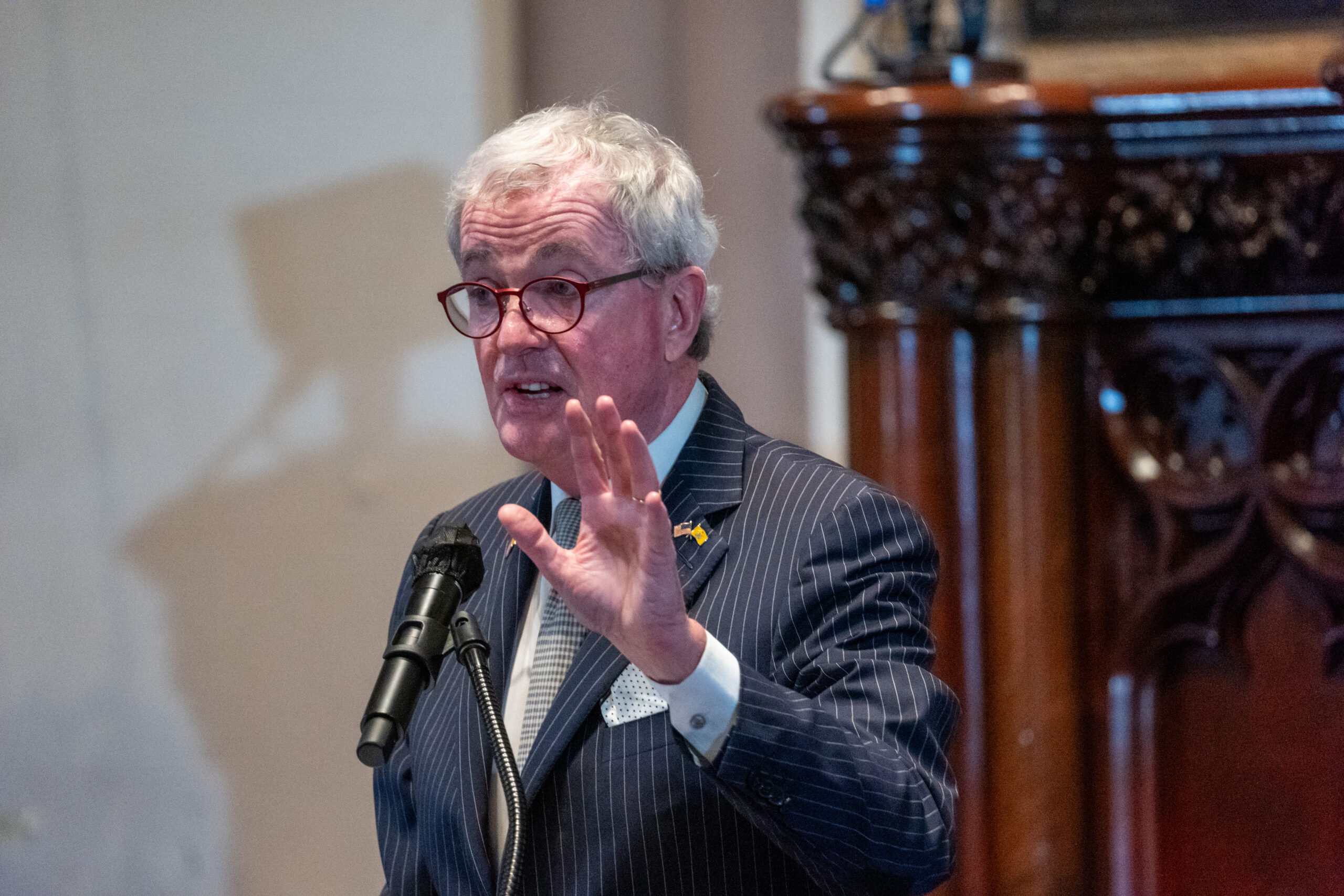


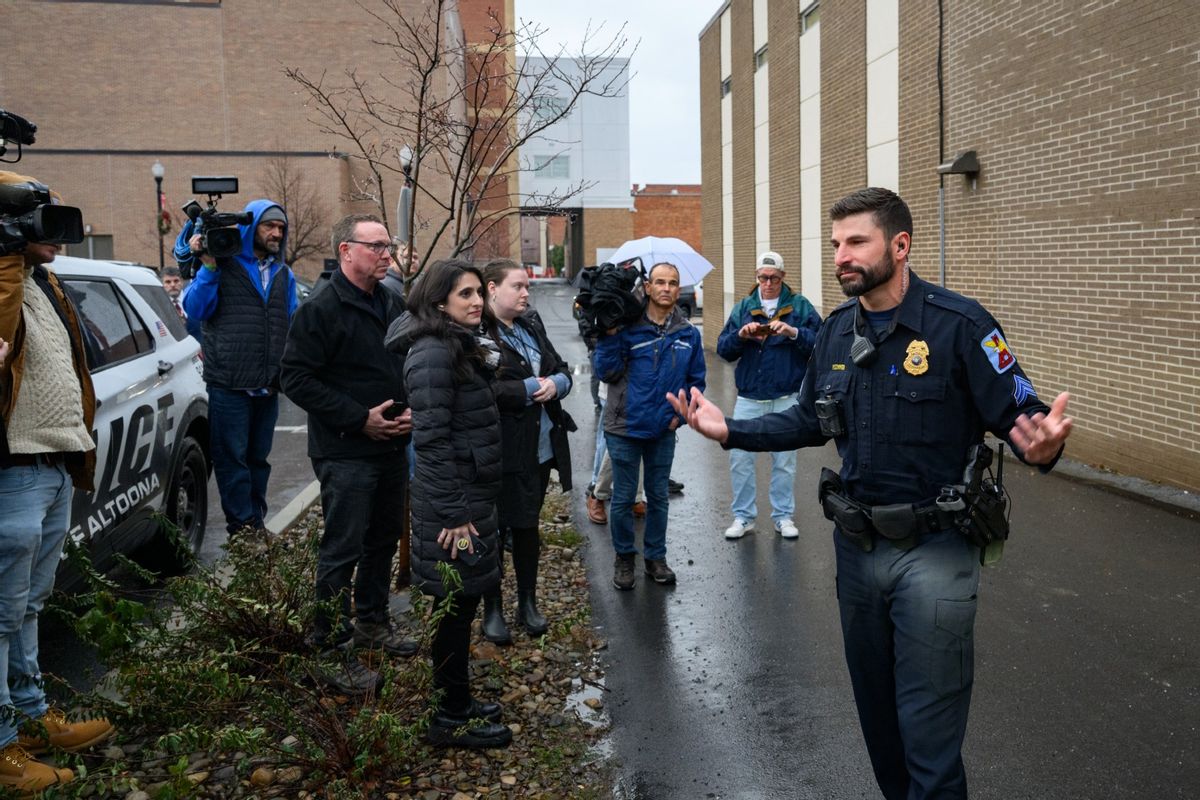





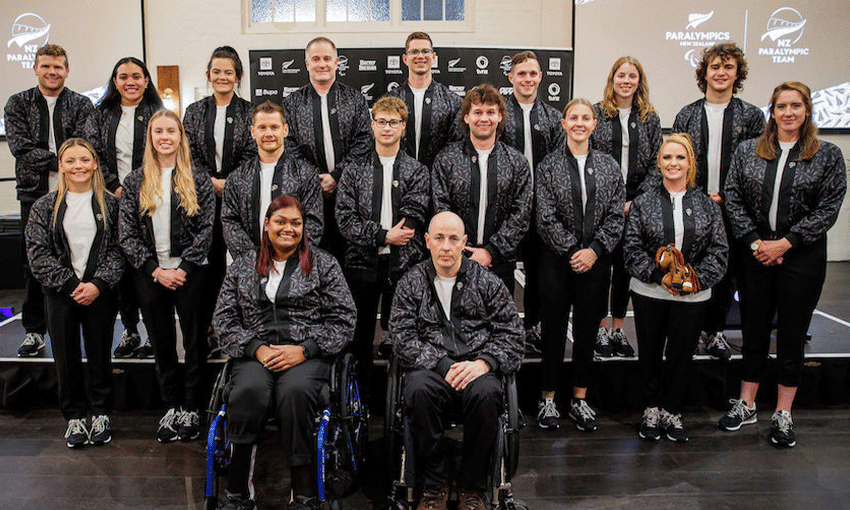
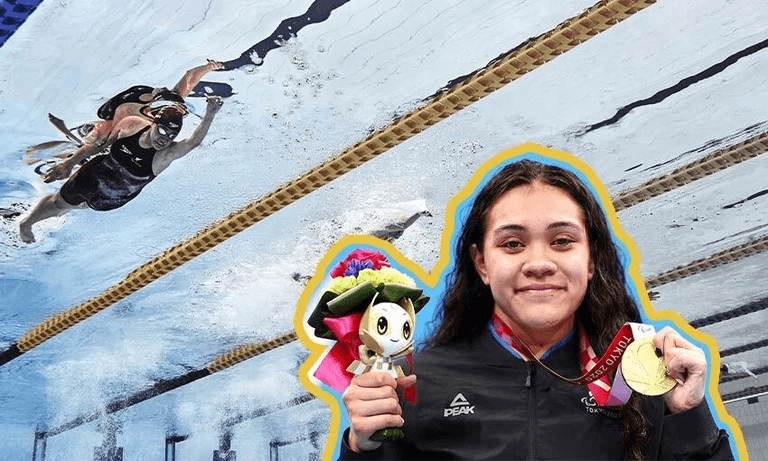
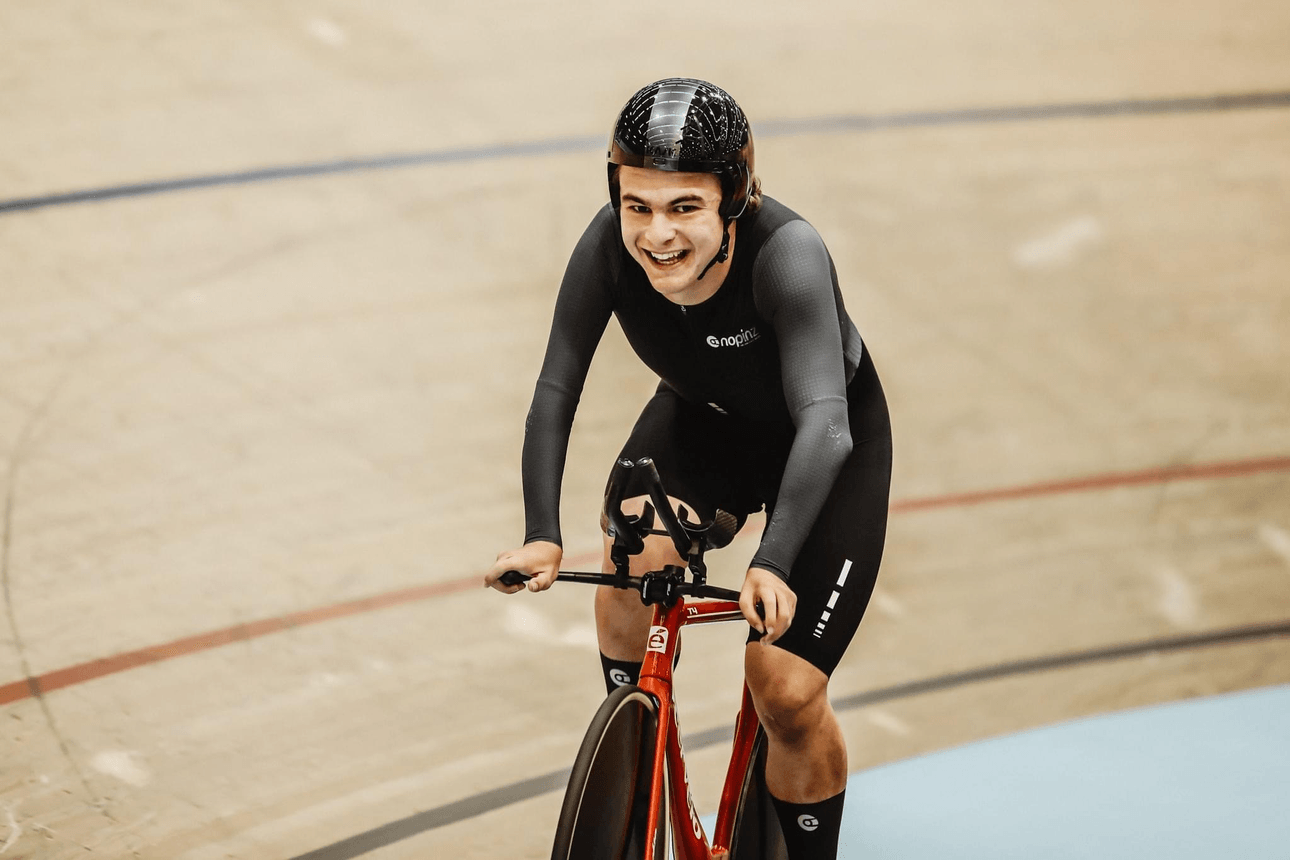
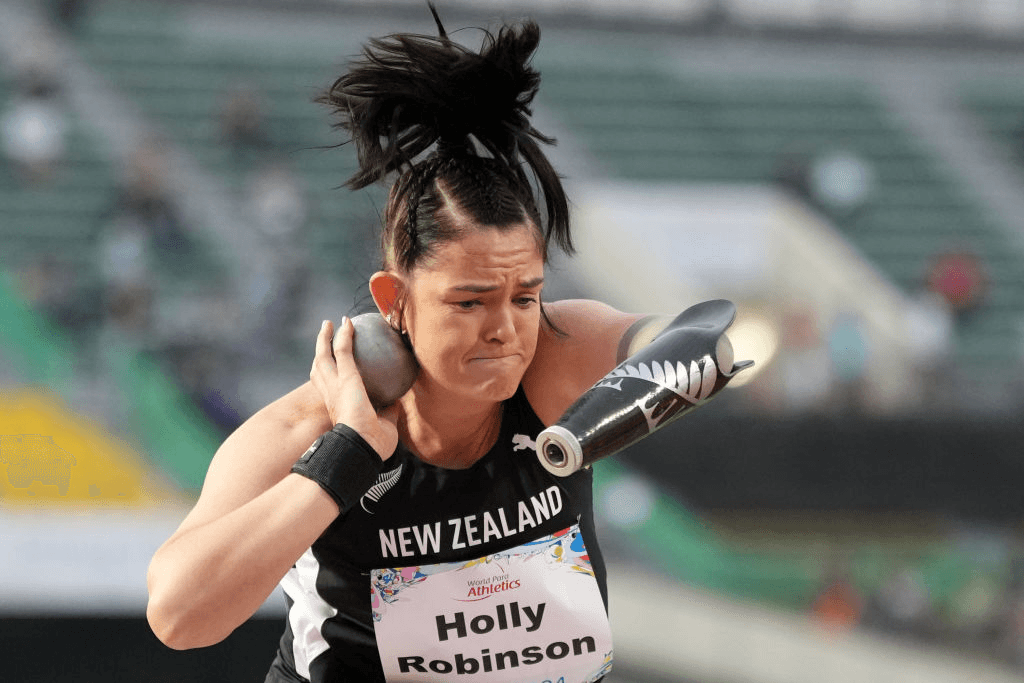
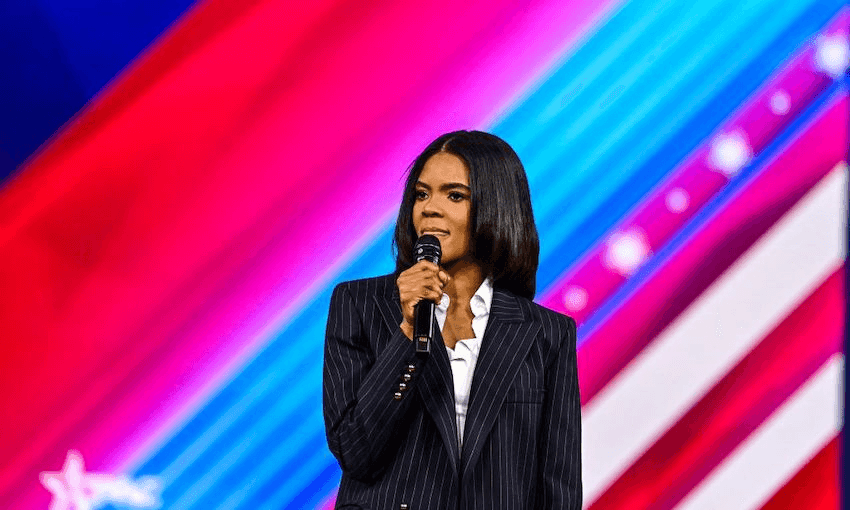

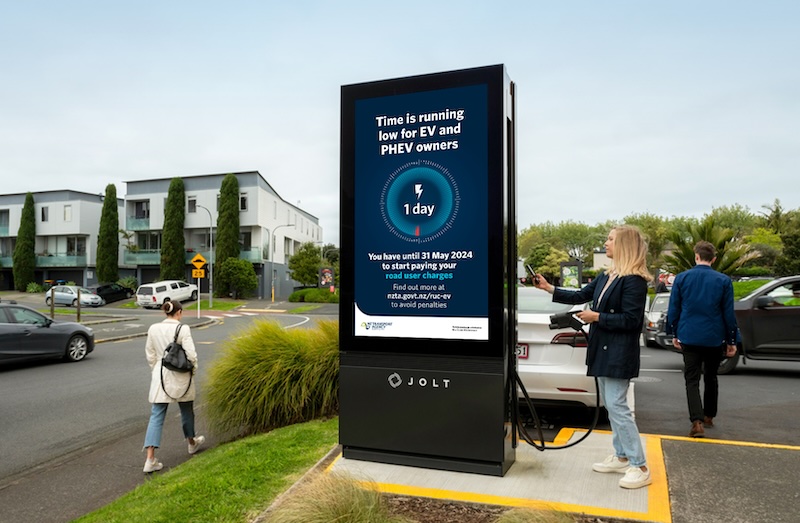


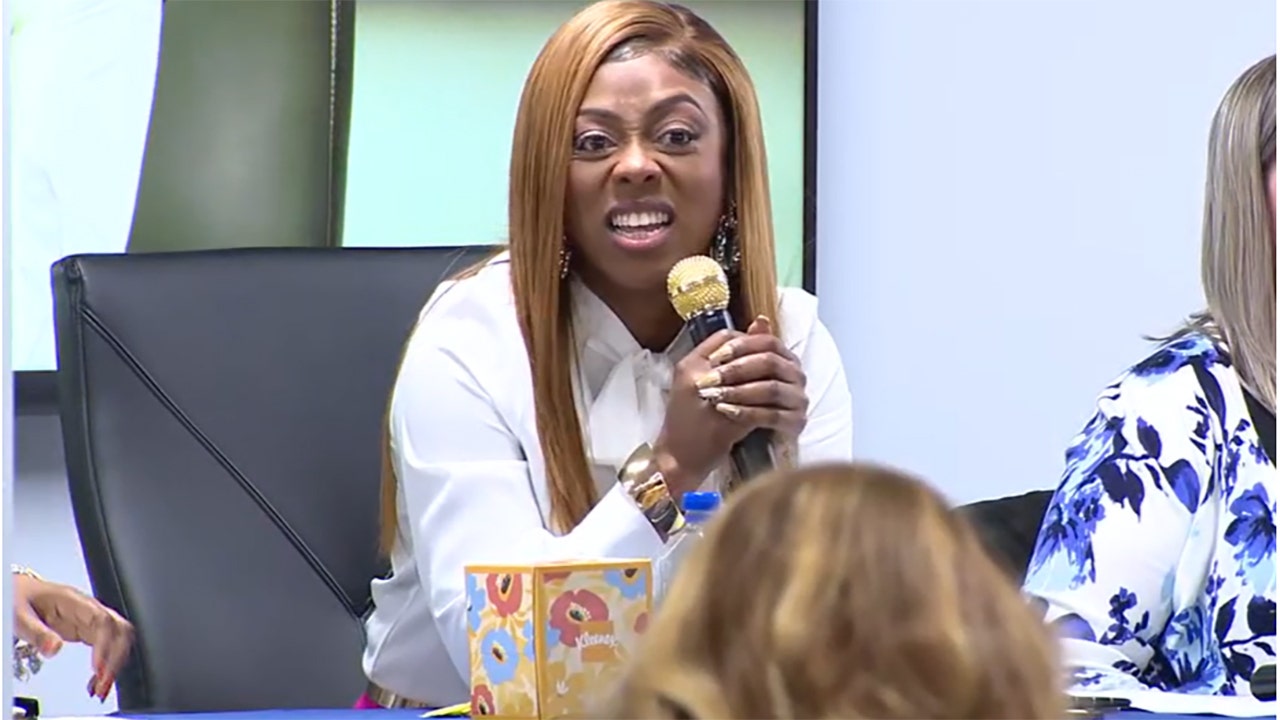
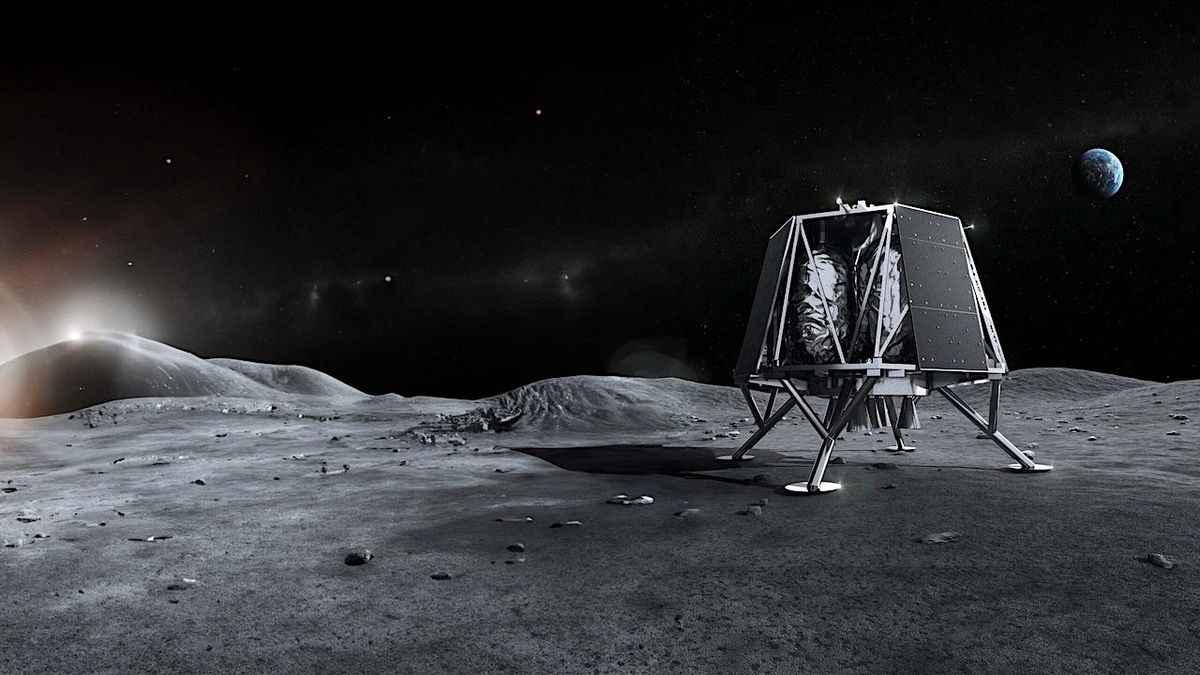



Discussion about this post